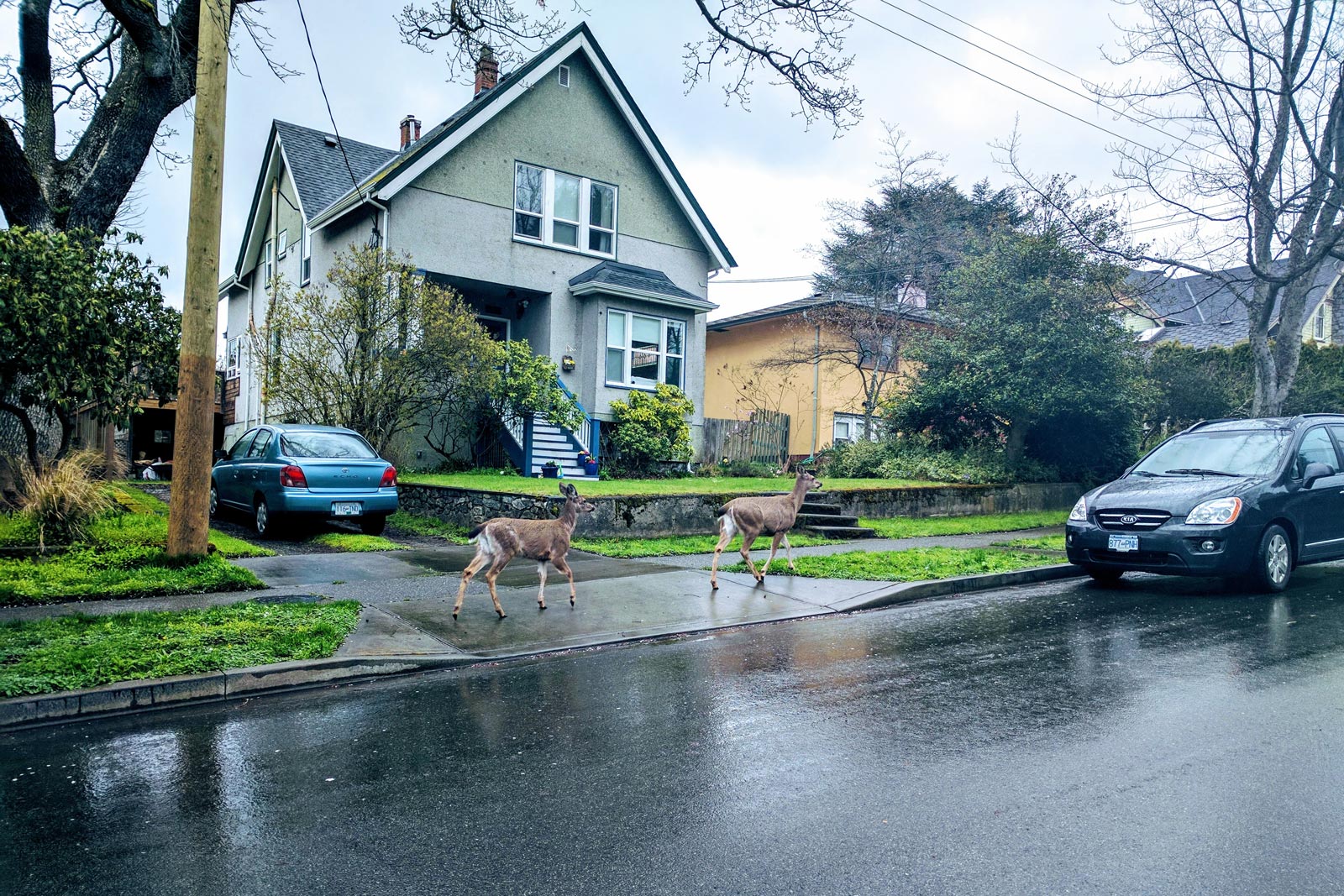When Can a Landlord Enter Your Rental Unit In BC?
In BC, while the tenant is entitled to reasonable privacy and exclusive use of his or her unit, landlords have rights to access residential rental units in some situations. Our aim is to provide you with information to the restrictions on those rights.
A landlord may enter:
- Any common areas that are shared with others like hallways, courtyards and laundry facilities. No notice is required.
- The rental unit once per month to inspect the condition of the property. Proper notice to tenants is required.
- The rental unit to complete repairs or maintenance. Proper notice to tenants is required.
- To show the property to prospective buyers or tenants. Proper notice to tenants is required.
It is important to note that the tenant does not need to be present for the landlord to enter as long as proper notice was provided.
What is proper notice? Proper notice means a tenant is given written notice of the date, time and purpose for entering the property. By law, notice must be delivered in-person or considered by law to have been given to the tenant at least 24 hours before the landlord enters the unit.
The purpose for entering a rental unit must be reasonable. A landlord may enter a tenant’s rental unit only when:
- There is an emergency and entry is necessary to protect life or property
- The tenant is at home and agrees to let the landlord into the rental unit
- The tenant agreed, not more than 30 days before, to let the landlord enter
- The tenant was given written notice outlining the date, time (between 8:00am and 9:00pm) and purpose. This must be at least 24 hours before and not more than 30 days before.
- The tenant has abandoned the rental unit
- The landlord has an arbitrator’s order or court order to enter the rental unit.
When the landlord has given proper notice to enter the rental unit, the tenant must not prevent the landlord’s access. The tenant, or a representative of the tenant, may be present at the time the rental unit it entered.
The landlord cannot require that a tenant leave when the rental unit is shown. For example, if you are concerned about your belongings and possessions, you may be present.
When a rental unit is being shown to prospective buyers or tenants, the landlord or the landlord’s agent must be present.
If a tenant believes that the landlord has entered illegally, they can ask the landlord to follow the required process for legal entry. If this does not work, a tenant can also apply for dispute resolution asking for an order that:
- Requires the landlord to comply with the law.
- Allows the tenant to change the locks and keep the only keys. These keys must be returned to the landlord when the tenant decides to move out.
Questions About British Columbia’s Laws?
Do you have any questions about residential tenancy law for the team at Spraggs? We’d love to hear from you. Contact one of our lawyers in Vancouver today.
